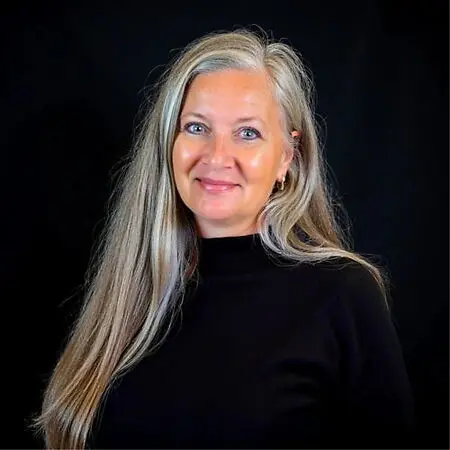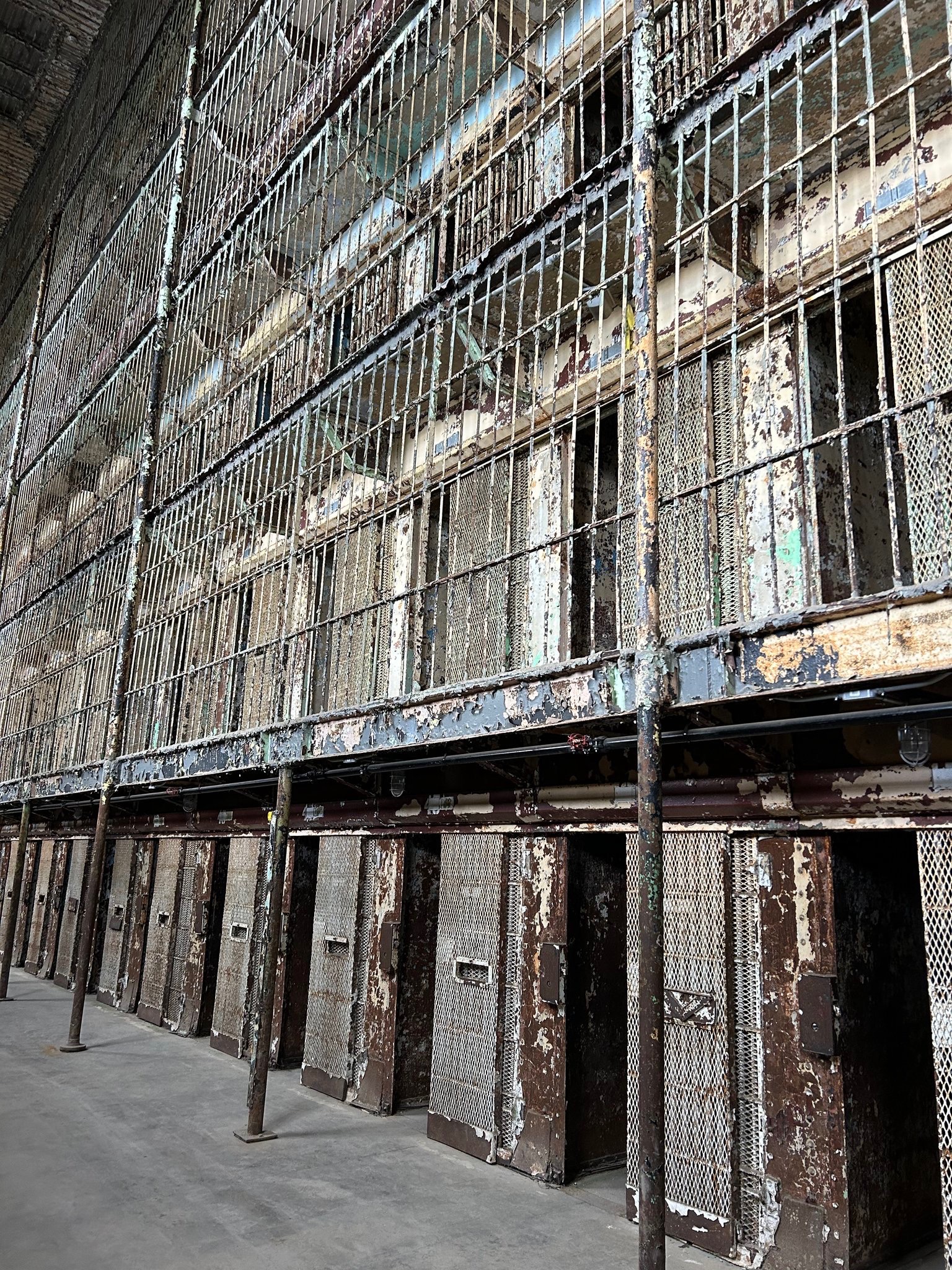Francine Zysk, PhD.

• HOPE and Strengthing Families for System-Impacted Families
• Walden University - PhD
• Mayoral Proclamation
What do you attribute your success to?
I attribute my success to resilience, purpose-driven work, and a lifelong commitment to service and learning. For more than twenty years, I’ve taught and facilitated language transformation programs in correctional facilities. Those experiences shaped my ability to lead workshops, literacy initiatives, and college-prep sessions with empathy, structure, and impact. The challenges I faced along the way especially during my PhD journey taught me to grow through adversity rather than be defined by it. My work in community development has also played a major role in my success. In a full-time capacity, I’ve coordinated community partnerships, assisted managing land bank properties, and secured grants to support housing and revitalization efforts. I’ve contributed to anti-opiate initiatives and advocacy programs that strengthen communities and provide meaningful support to vulnerable populations. Academic achievement has been another pillar of my journey. I am a member of several honor societies and completed a highly competitive seven- to eight-month leadership and community service program through the National Society of Leadership and Success. While completing my PhD dissertation, I continue to balance multiple community commitments, which has strengthened my discipline, time management, and sense of purpose.
What’s the best career advice you’ve ever received?
The best career advice I’ve ever received was to practice emotional intelligence in every environment. I’ve learned that knowing how to read a room, manage my emotions, and respond thoughtfully to others can be just as important as technical skill or experience. Emotional intelligence has helped me navigate conflict, lead effectively, build trust, and communicate with people from all walks of life. It’s a skill that grounds me in both leadership and service, and it continues to shape how I show up professionally and personally.
What advice would you give to young women entering your industry?
Embrace discomfort. Growth rarely happens in familiar spaces. The moments that feel the most challenging often lead to the greatest breakthroughs.
Develop emotional intelligence. Technical knowledge matters, but the ability to manage yourself, read a room, and connect with others will carry you further than hard skills alone.
Listen more than you speak. In community development and criminal justice work, meaningful change begins with understanding the people you serve. Empathy is not optional—it’s foundational.
Own your story. Your path doesn’t have to look like anyone else’s. The experiences that make you different can become your greatest assets if you choose to lead with them.
What are the biggest challenges or opportunities in your field right now?
Some of the biggest challenges—and opportunities—in my field right now stem from working within underfunded correctional education systems that often have limited resources. There’s a pressing need to find innovative ways to deliver meaningful programs despite these constraints.
Balancing a full-time professional role, PhD studies, teaching multiples classess and ongoing community service is another challenge, but it also presents the opportunity to model resilience, time management, and integrated leadership.
Additionally, navigating systemic barriers while advocating for reforms in the criminal legal system is both demanding and deeply rewarding. It requires persistence, strategic thinking, and collaboration. Finally, continuing advocacy and leadership work in environments where emotional labor is often invisible and undervalued challenges us to highlight its importance and demonstrate its impact on meaningful change.
What values are most important to you in your work and personal life?
The values that guide me in both my work and personal life are integrity, community, and growth through adversity. I strive to lead with integrity in every interaction, coming from a place of service and accountability. My career reflects resilience, emotional intelligence, and a deep commitment to social impact.
Whether I’m working in corrections education, community development, or advocacy, my approach is always rooted in listening first and building sustainable solutions for marginalized communities. I believe that meaningful change begins with understanding the people we serve and creating long-term strategies that address their needs.
I put these values into action through tangible initiatives, such as leading programs that distributed sleeping bags and meals to 134 individuals during the holiday season. For me, these efforts are a reflection of the principle I live by: growth through adversity—and the power of using one’s skills and resources to uplift others.
